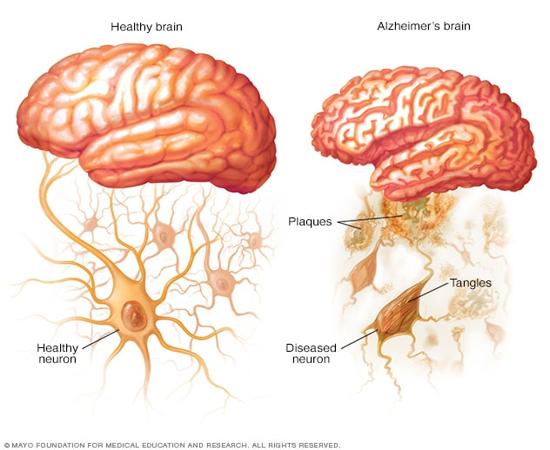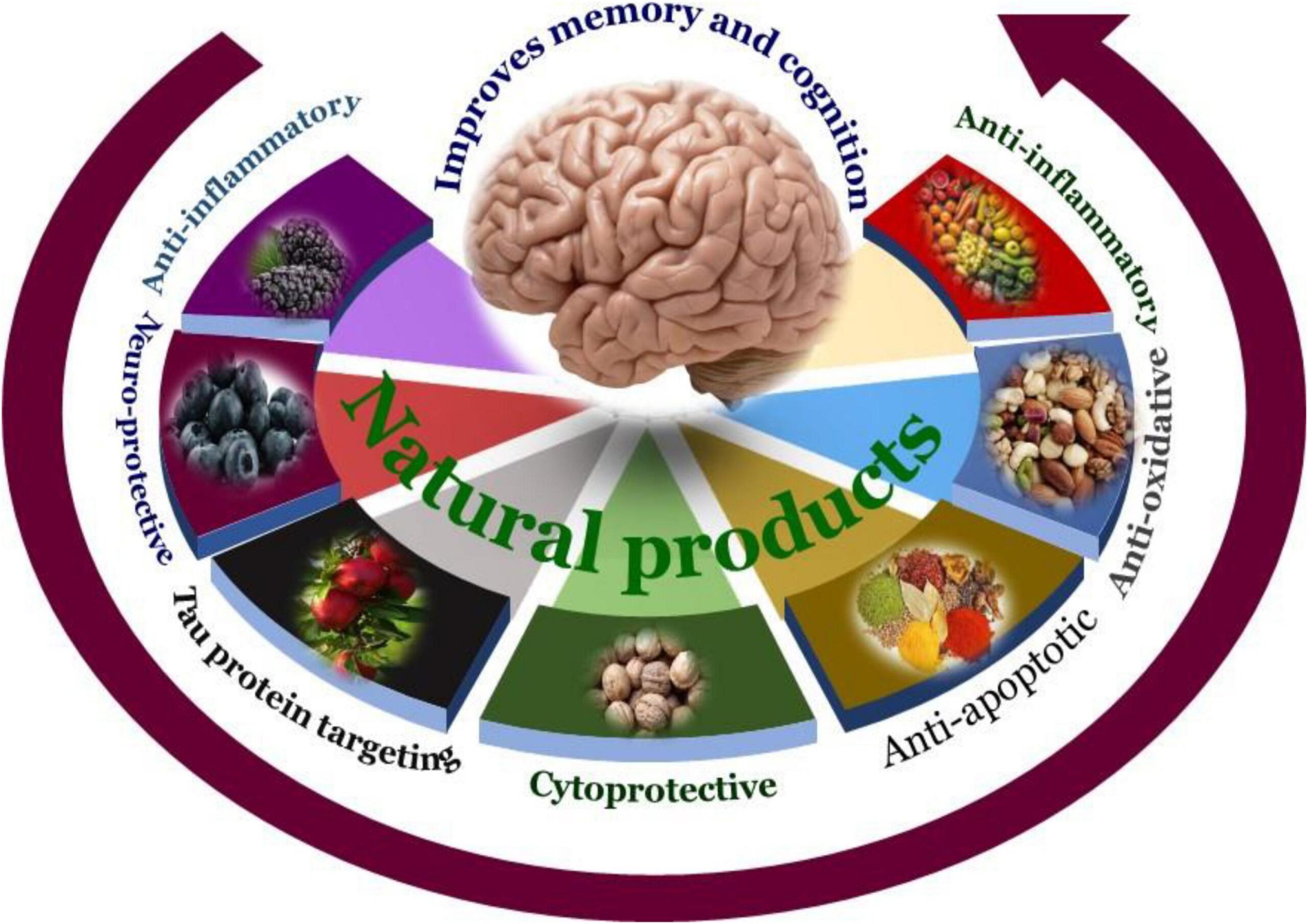Welcome to our comprehensive guide on Alzheimer’s Dementia Brain Health. In this article, we’ll delve into the intricate relationship between brain health and alzheimer‘s disease, exploring the effects of dementia on the brain and offering valuable insights into how you can maintain optimal brain health in the face of these challenges.
Benefits of Prioritizing Brain Health in Alzheimer’s Dementia
When it comes to Alzheimer’s dementia and brain health, there are numerous benefits to prioritizing the well-being of your brain:
- Enhanced cognitive function and memory retention
- Improved overall quality of life for individuals living with Alzheimer’s disease
- Reduced risk of accelerated cognitive decline
- Better management of behavioral and psychological symptoms associated with dementia
- Optimized brain function to support daily activities and independence
Where can I purchase Alzheimer’s Dementia Brain Health?
If you are looking to purchase products or resources related to Alzheimer’s Dementia Brain Health, it’s essential to consult with healthcare professionals, dementia specialists, or reputable online platforms that offer reliable information and support for individuals affected by Alzheimer’s disease.
Detailed Explanation: brain health and alzheimer‘s Disease
Alzheimer’s disease is a progressive neurological disorder that primarily affects the brain, leading to memory loss, cognitive decline, and behavioral changes. Understanding the intricate relationship between brain health and alzheimer‘s disease is crucial in developing strategies to support cognitive function and overall well-being.
FAQs – Frequently Asked Questions about Alzheimer’s Dementia Brain Health
1. How does Alzheimer’s disease affect the brain?
Alzheimer’s disease causes the formation of abnormal protein deposits in the brain, known as amyloid plaques and tau tangles. These structures disrupt communication between brain cells and ultimately lead to cell death, resulting in the characteristic symptoms of dementia.
2. What are the effects of dementia and Alzheimer’s on the brain?
Dementia and Alzheimer’s disease can lead to widespread brain atrophy, shrinking of brain tissue, and impaired neuronal function. As the disease progresses, individuals may experience significant memory loss, language difficulties, and challenges in performing daily tasks.
3. How can I maintain brain health in the presence of Alzheimer’s disease?
Engaging in activities that stimulate cognitive function, maintaining a healthy lifestyle with regular exercise and balanced nutrition, and staying socially connected can all contribute to preserving brain health in individuals living with Alzheimer’s disease.
4. What role does nutrition play in supporting brain health for Alzheimer’s patients?
A nutrient-rich diet that includes antioxidants, omega-3 fatty acids, and vitamins can help protect brain cells from damage and inflammation, potentially slowing the progression of cognitive decline in individuals with Alzheimer’s disease.
5. How can caregivers support the brain health of individuals with Alzheimer’s dementia?
Caregivers play a vital role in promoting brain health for individuals with Alzheimer’s dementia by providing emotional support, engaging in stimulating activities, and ensuring a safe and structured environment that fosters cognitive function and overall well-being.
Conclusion
In conclusion, prioritizing brain health in the context of Alzheimer’s dementia is essential for maintaining cognitive function, supporting quality of life, and managing the progression of the disease. By understanding the effects of dementia on the brain and implementing strategies to promote brain health, individuals can enhance their overall well-being and independence.


